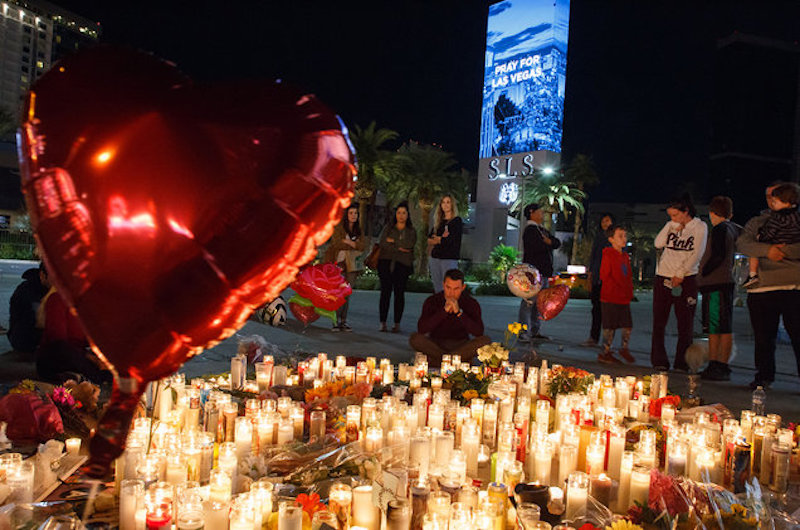In the wake of mass shootings over the past few years, I’ve frequently thought about Doestoevsky’s novel about terrorism in Russia, Demons, sometimes known as The Possessed. The latter, older title is bad translation but good sociology. We spend too much time interrogating demons, and not enough understanding what unites the possessed.
Login to read more
Sign in or create a free account to access Subscriber-only content.
Topics:
